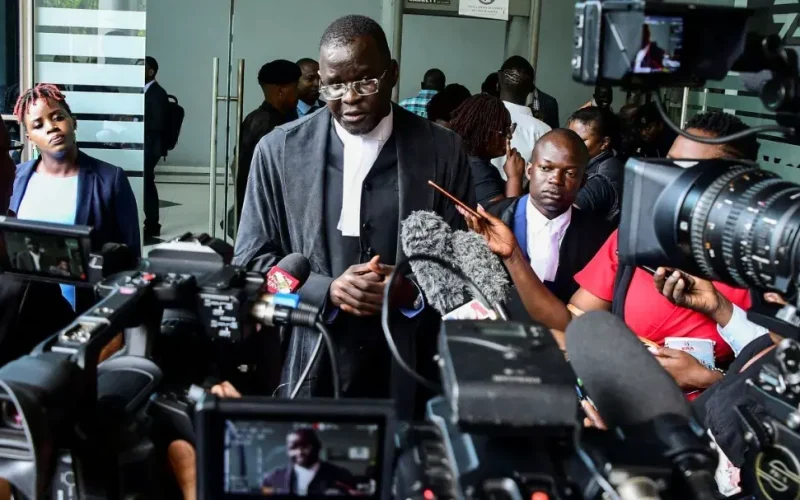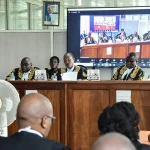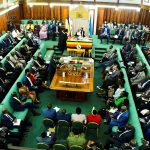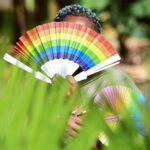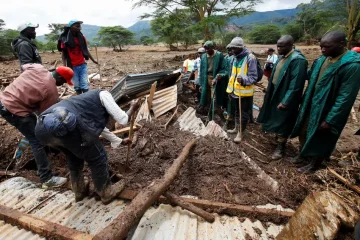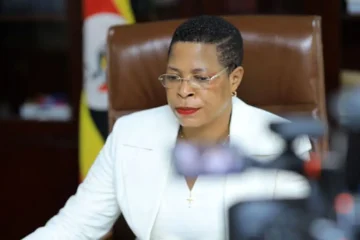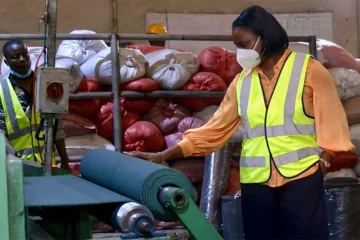A Ugandan court has upheld a sweeping law that introduced the death penalty for “aggravated homosexuality”, leaving only one legal route to challenge some of the most punitive anti-LGBTQ+ measures in Africa.
The Constitutional Court on Wednesday upheld the validity of the so-called Anti-Homosexuality Act, while striking down some of its key sections, citing health and privacy concerns.
Here’s the big picture.
What is the Anti-Homosexuality Act?
The Anti-Homosexuality Act (AHA) was signed into law by President Yoweri Museveni in May 2023, and its draconian measures have prompted U.S. and World Bank sanctions.
While Uganda had long criminalised gay sex, the new law is harsher than its colonial-era predecessor, imposing the death penalty for “serial offenders” or for anyone who transmits a terminal illness, such as HIV/AIDS, through gay sex.
The legislation also stipulates up to a 20-year sentence for “promotion of homosexuality” – be it publishing pro-LGBTQ+ material or providing financial support to LGBTQ+ rights groups.
It also introduced a “duty to report” suspected homosexual acts to the police, forcing tough decisions on health professionals treating LGBTQ+ patients.
What has been its impact so far?
At least five people have been charged under the AHA, including two for the capital offence of “aggravated homosexuality”.
Rights groups say the new law has also led to a surge in abuse against LGBTQ+ people, including torture, rape and evictions, primarily by private citizens.
The Kampala-based Human Rights Awareness and Protection Forum compiled data from legal clinics three months into the new regime. It said people were “zealously” enforcing the law via “arrests of real or suspected LGBTQ persons continuing, as well as cases of violence and evictions from rented accommodation”.

Human Rights Lawyers for the petitioners Henry Byansi, Derrick Tukwasiibwe and Nicholas Opiyo leave the Constitutional Court after the Court upheld the anti-LGBTQ Law in Kampala, Uganda on April 3, 2024. REUTERS/Abubaker Lubowa
So what did the court decide?
The country’s Constitutional Court backed the law as a whole but struck down sections it found to violate key rights, such as the right to health, privacy and an adequate standard of living.
All of this means that passing on a terminal illness in gay sex will no longer risk the death penalty, and Ugandans who rent property to LGBTQ+ people need no longer fear criminalisation.
The “duty to report” measure has also been struck from the AHA, due to what the court deemed was its “chilling deterrent effect on (LGBTQ+) access to healthcare”.
The court found “no merit” in a range of procedural challenges, be it around a lack of due consultation or a paucity of accurate estimates on the cost of policing the new law.
Who launched the challenge and what happens now?
A group of lawmakers, legal experts and LGBTQ+ advocates filed a petition against the AHA four days after it was passed.
The respondents include Uganda’s attorney general and a Christian pastor, whom the court granted the status of co-defendant in December.
Wednesday’s decision can now be appealed in the Supreme Court, Uganda’s highest, with no immediate timetable set.
This story is part of a series supported by HIVOS’s Free To Be Me programme
- Context is powered by the Thomson Reuters Foundation Newsroom

